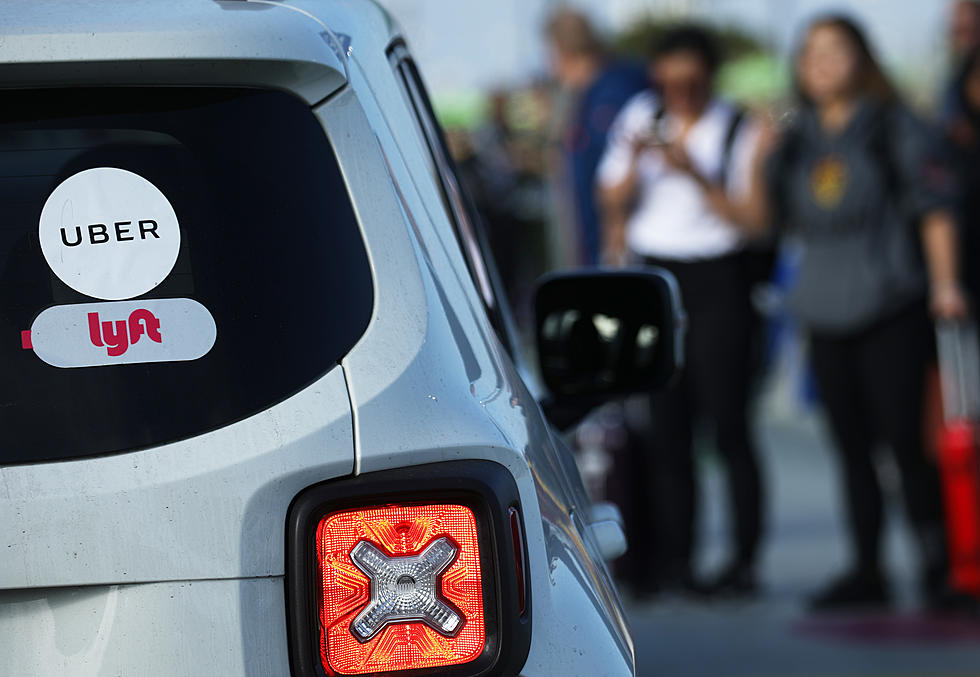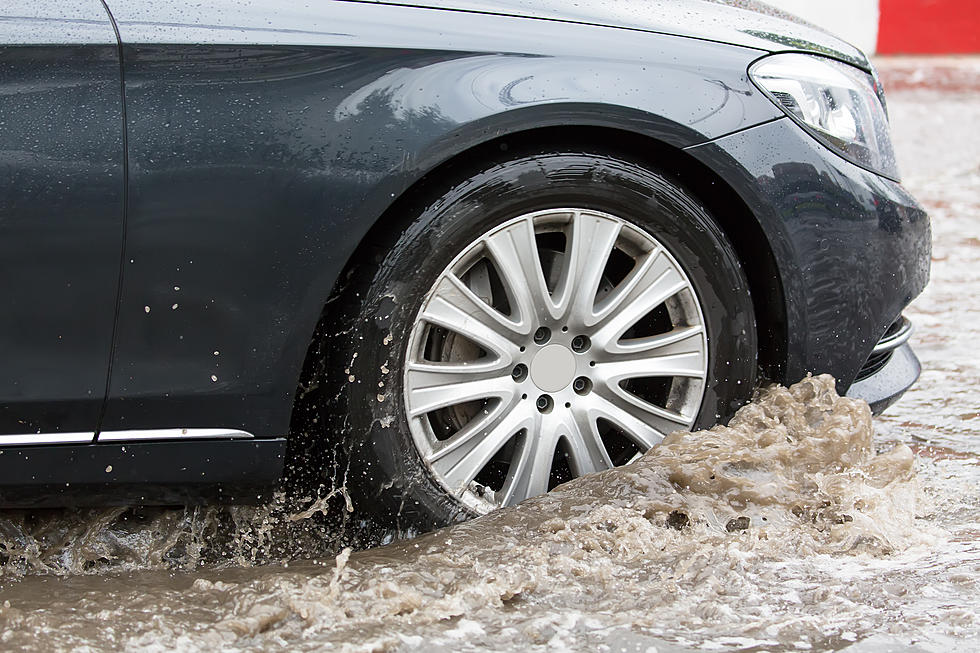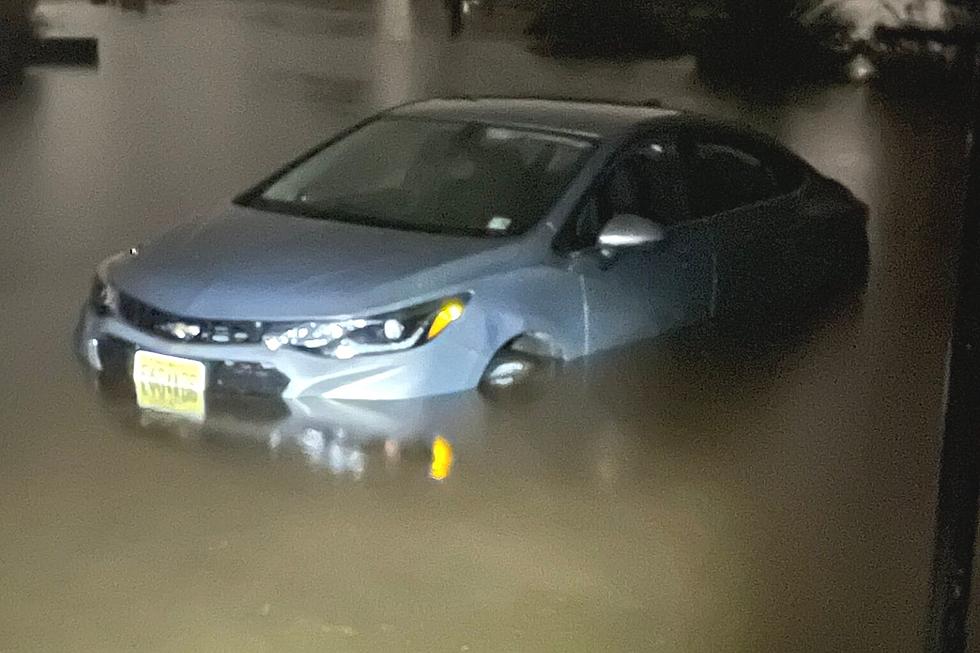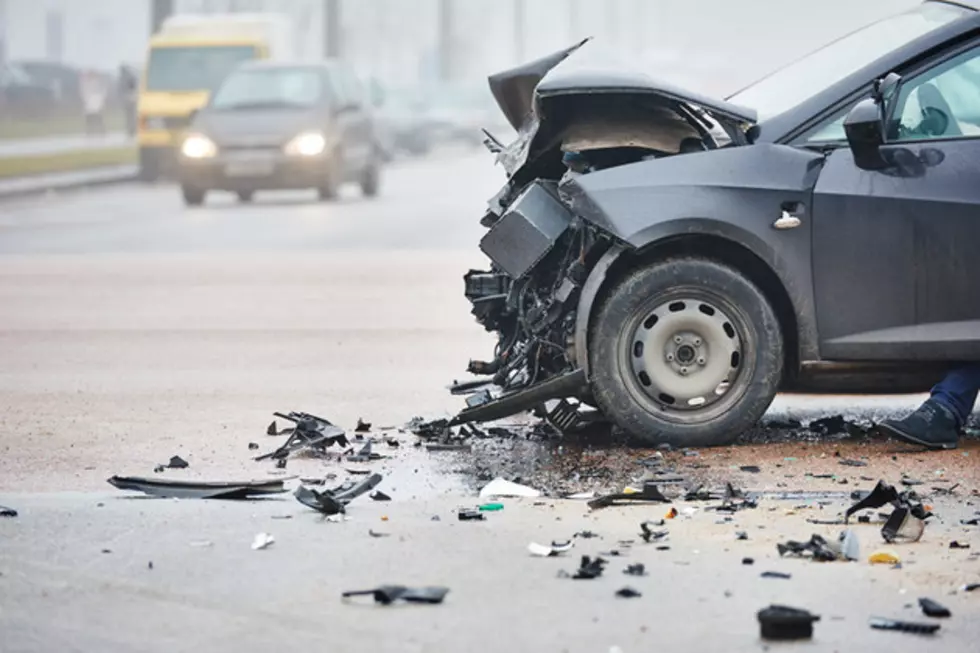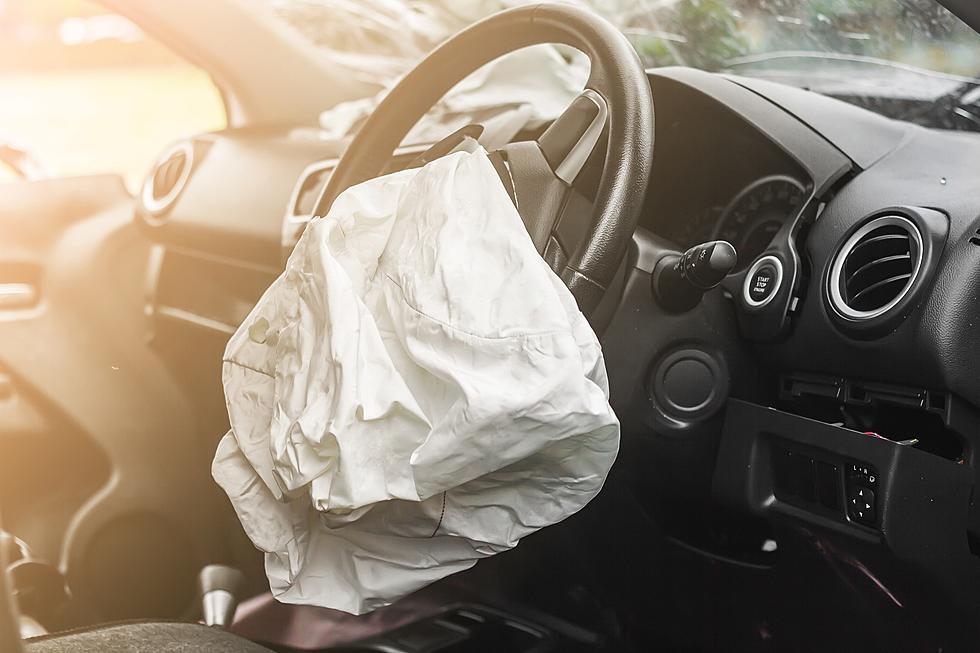
New Jersey is a no-fault state — what that means for drivers
Because of the way New Jersey handles auto accident claims, you can get paid much faster than in other states for any related medical bills.
But you're less likely to successfully seek damages from another individual involved in the accident, even if that person is responsible for the wreck.
New Jersey is a no-fault state, which means that each driver's insurance provider pays for their own medical bills following a crash, no matter who's at fault. That coverage, personal injury protection, is automatically part of any policy purchased by a New Jersey driver, and can cover passengers in your car if they don't have their own coverage.
Fault is assigned for a crash, and you may want to know that result when it comes to handling vehicle damage claims. But you don't have to wait for the legal process or an investigation to wrap up before you're given the coverage you may need for medical issues.
Pros and cons of no-fault
The benefit of quicker payouts is the most obvious perk. Also, if you're in an accident — even one that you've caused — you can rest assured that your medical bills will be covered by insurance.
No-fault could also mean lower premiums for drivers. According to the Insurance Information Institute, the no-fault system is intended to lower the cost of auto insurance by taking small claims out of court.
"The idea is, there's a reduction in cost because you don't have the extra lawsuits and over-the-top payouts, because it's a much simpler process," added Gary La Spisa, vice president of the Insurance Council of New Jersey.
New Jersey first enacted no-fault insurance laws in the 1970s, and rules have evolved over time.
With this quicker process, however, drivers who sustain injuries have a limited ability to sue who's actually at fault for a crash. Drivers with a routine policy in New Jersey only have the option to sue for death or severe injury, such as dismemberment, displaced fractures, loss of a fetus and other specific complications.
"Effectively, you are waiving the right to certain opportunities to sue, to get better and quicker care," La Spisa said.
Does New Jersey mandate no-fault?
About a dozen or so states in the U.S. follow some sort of a no-fault system. But New Jersey is one of only a few so-called "choice no-fault" states.
Garden State drivers can opt out of the system, which would mean no limitations on filing lawsuits after an accident, according to personal financial website WalletHub. You'd have to pay extra to go with this option.
According to a June 2021 report from the New Jersey Department of Banking and Insurance, close to 97% of drivers stick with the no-fault system.
Click here to contact an editor about feedback or a correction for this story.
UP NEXT: See how much gasoline cost the year you started driving
The 10 Most Stolen Vehicles In New Jersey
Gallery Credit: Jeff Deminski
More From New Jersey 101.5 FM



